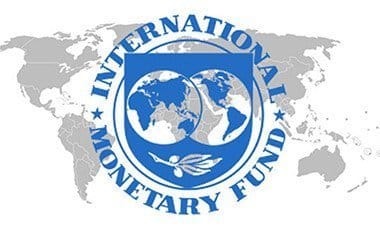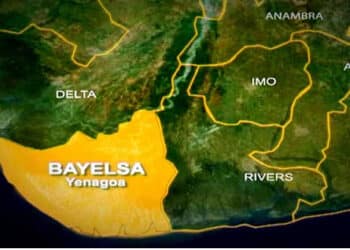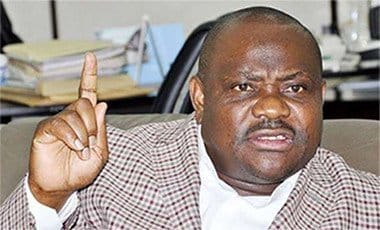THE International Monetary Fund (IMF) Tuesday warned that Nigeria and other debtor nations may run into more troubles with repayment as the global debt levels are becoming unsustainable.
This is even as the Fund warned that voters’ disillusionment could raise the threat of political developments that could destabilise a range of economic policies in the future, reaching beyond trade policy.
Nigeria’s next general elections holds on February, 2019 and according to tradingeconomics.com, the country’s external debt increased to $18913.44 million in the fourth quarter of 2017 from $15352.13 million in the third quarter of 2017. External debt in Nigeria averaged $7806.46 million from 2008 until 2017, reaching an all time high of $18913.44 million in the fourth quarter of 2017 and a record low of $3627.50 million in the first quarter of 2009.
ALSO READ: BREAKING: Buhari Appoints Keyamo As 2019 Campaigns Spokesperson
Economic Counsellor and Director of Research at IMF, Maurice Obstfeld, told journalists during the presentation of the World Economic Outlook (WEO 2018), at the ongoing 2018 Spring Meetings in Washington DC, that “looking past the next few quarters, there are notable risks to the outlook as global debt levels, private and public, remain very high, threatening repayment problems as monetary policies normalise in an environment where many economies face lower medium-term growth rates.”
Obstfeld said the “new Global Financial Stability Report shows global financial conditions remain generally vulnerable despite the approach of higher monetary policy interest rates, enabling a further buildup of assets-markets vulnerabilities.”
He further warned that “geopolitical risks should not be discounted as well as the recent escalating tensions over trade which present a growing risk.”
These risks, Obstfeld said, could already be taking a toll on countries, noting that “global purchasing managers’ index (pmi) remain in expansionary territory, they have recently softened in advanced and emerging market economies alike owing in part to weakening export orders.”
ALSO READ: Gov Ambode, Lai Mohammed, Stakeholders Chart Course For Lagos Tourism Development
He explained further that the world economy is showing “broad-based momentum but that the prospect of a similar broad-based conflict over trade presents a worrisome picture.
The IMF Research Director said despite the good near-term projections, longer-term prospects are more sobering. While advanced countries are facing ageing population, falling rates of labour force participation and low productivity growth, they may not likely regain the per capita growth rates they enjoyed before the global financial crisis.
With regard to Nigeria and other commodities exporters, IMF reiterated the need for economic diversification rather than risk losing out on the growth outlook for the future.









